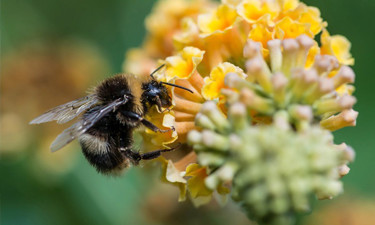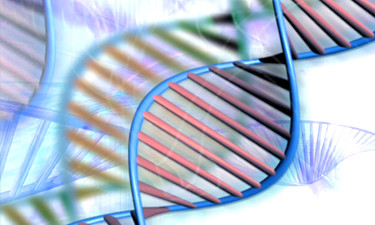Culture is the ground in which human beings grow.
Our habits of thought, caring and behavior are determined in large part by our socio-cultural environments. Through things like social norms, customs, prohibitions, and belief systems, culture transmits a complex web of rules that tells people what to pay attention to, what to care about, what to take responsibility for, and what to do in any given situation. This has many benefits – the big one being that we can draw on the learning of others and don’t have to make all the mistakes for ourselves. But there is a significant downside: Culture is a form of learning that’s largely invisible to us. We have little awareness of the habits of thought and action we absorb from the socio-cultural environments we inhabit. Our priorities, values, and world views are simply experienced as natural or inevitable – the only way to live. We run on the programming that we’ve inherited. Authors Judie and Michael Bopp explain it this way:
We dwell within the pool of our shared cultural system, much as fish dwell within water. Most of the time, fish pay no attention at all to the water. They are one with it. They move within it and are moved by its currents. It is their medium. Similarly, human beings dwell within their meaning-making systems without thinking about the system itself. In this way children grow into a complex web of acquired habits of thought and action without even trying to do so. It just seems to happen. But what is a people to do if the aggregate effect of their collective habits of thought and behaviour is life-threatening to themselves and future generations?
When the habits and rules that we’ve acquired through culture feel natural to us, then it’s virtually impossible to evaluate and modify them: You can’t critically assess something that you don’t detect. This has been a problem throughout history, but it’s a particularly significant threat today. We are at a point in our development where our inability to assess, revise and extend our programming could lead to our own destruction.
For any kind of course-correction to be possible, we need a way of evaluating our programming against the demands of life. We can no longer afford the kind of relativistic, post-modern “I’m okay, you’re okay” approaches we’ve taken to the sources of our programming. We need a meta-cultural approach. By that, we don’t mean some kind of global stew. We mean the capacity to assess the foundations, assumptions and nature of our cultures so that we’re able to strengthen and draw on the more adaptive elements, and mitigate or avoid the harmful ones.
We need a meta-cultural approach to ethics – a way of assessing the foundations, assumptions and nature of our cultures so that we’re able to strengthen and draw on the more adaptive elements, and mitigate or avoid the harmful ones.
“Meta” means going higher or beyond – having some way of standing above to be able to see what’s going on. Metacognition, for example, involves examining your own cognitive process – or thinking about your own thinking. Similarly, a meta-cultural approach involves developing the capacity to examine the cultures in which we are embedded, and become active in structuring our own programming. Meta-culture offers a way of navigating through the mix of toxic and healthy zones of culture so that we are able to draw on the most adaptive elements. It also provides a way of understanding how to contribute to culture in a way that is more likely to be helpful than harmful.
Human Learning Ecology starts with the premise that the most significant issues we face as humans – including depression, addictions, exploitation, war, environmental destruction, violence and injustice – stem from the way we are programmed. Unless we learn how to program ourselves in more effective ways, we cannot thrive – and may not survive – as a species.



